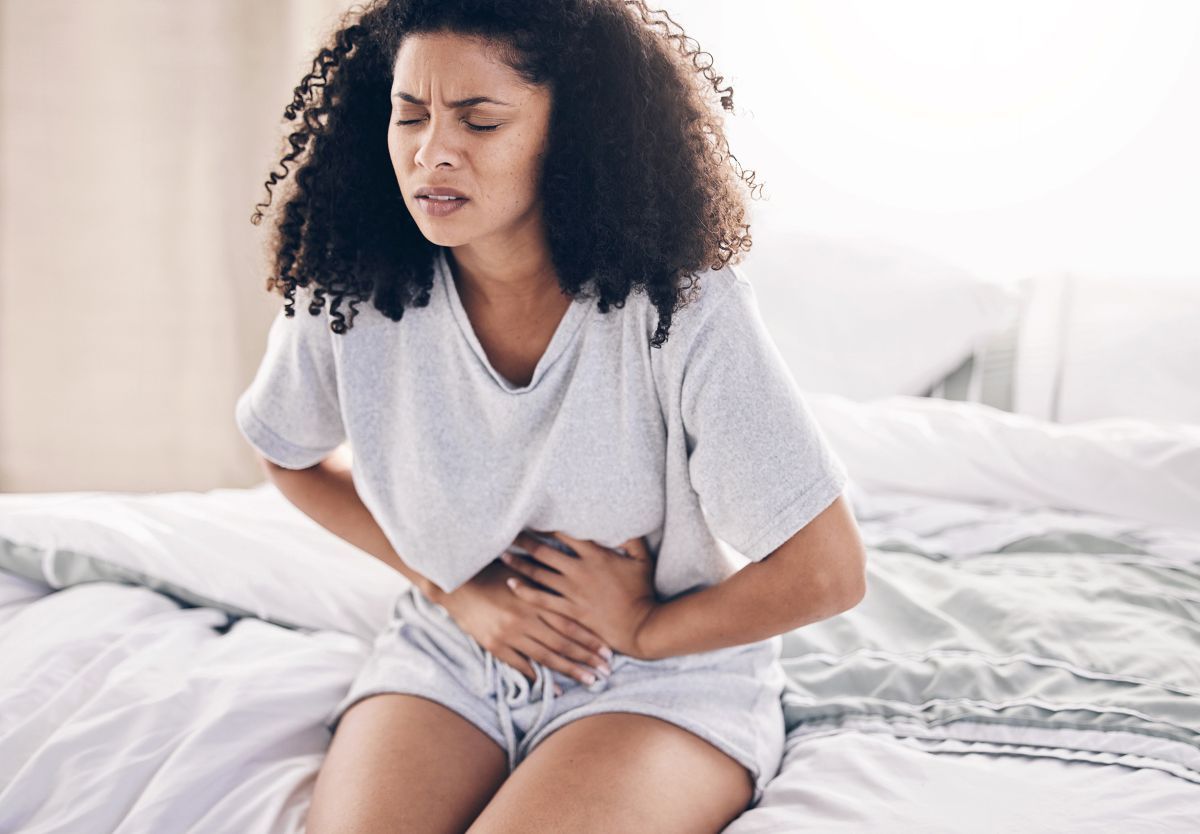Thanksgiving and upcoming holidays are occasions when heartburn, the most common symptom of GERD (Gastroesophageal reflux disease), can easily arise and put a damper on festivities.
GERD is a chronic disease that can occur when stomach contents repeatedly flow backwards into the esophagus (food pipe). Though generally a treatable disease, serious complications can result if GERD is not treated properly. See your doctor if you have symptoms of GERD, like frequent or longstanding heartburn, difficulty swallowing, or a sour taste in the mouth among others.
It’s not uncommon for people to get heartburn now and then, but individuals with GERD more regularly experience heartburn. Heartburn that happens more than once a week, worsens, or continues over time may signal a more serious condition like GERD. It’s important that those with GERD work with their doctors to develop a personalized treatment plan, but there are also general strategies that can help minimize symptoms.
The International Foundation for Functional Gastrointestinal Disorders (IFFGD, offers up 15 suggestions for curbing your gastroesophageal reflux disease (GERD) symptoms this holiday season.
Here are 15 tips to help reduce GERD symptoms this holiday season:
• Schedule an earlier meal. It’s best not to eat late at night if you suffer from GERD.
• Serve light appetizers. Fatty foods like chips, dips, and cheeses are slow to empty from the stomach and more likely to aggravate symptoms.
• Stay active. Stick with your exercise routine during the holidays, as weight loss can help alleviate GERD symptoms.
• Don’t smoke. Nicotine weakens the muscles within your food pipe that prevent back flow (reflux) of stomach contents.
• Nix the juice. Citrus fruits and juices, like grapefruit, orange and tomato, are acidic and can worsen GERD symptoms.
• Season lightly. Spicy foods, as well as things like onions and garlic, often bother people with GERD and make heartburn worse.
• Limit your drinks. Whether wine at dinner or beer during the game, alcohol can worsen reflux.
• Pass on deep-frying your turkey. Fried foods are known to exacerbate GERD symptoms.
• Use smaller plates. Eating large meals can trigger symptoms, so try smaller meals spread throughout the day.
• Substitute water for soda. Caffeinated and carbonated beverages are both notorious heartburn aggravators.
• Watch the desserts. Chocolate might be a favorite, but it often bothers people with GERD.
• Skip the after-dinner mint. Peppermint is another heartburn irritant.
• Slow down. Physical exertion after a meal can lead to reflux.
• Stay awake! While the turkey might make you sleepy, fight the urge take a nap. Lying down within 3 hours after eating can cause GERD symptoms to flare up.
• Talk to your doctor. An accurate diagnosis is the first step to receiving the most effective treatment.
For more information about the condition, visit IFFGD’s dedicated website, www.aboutgerd.org.
Exclusive content from CARE Magazine






